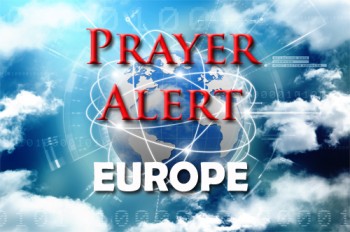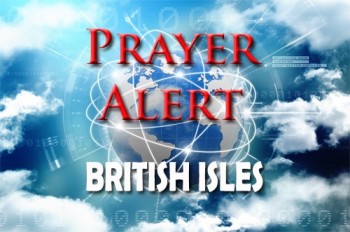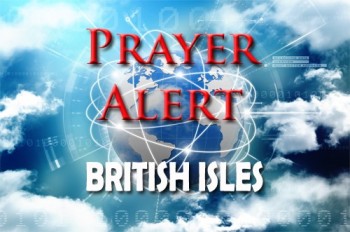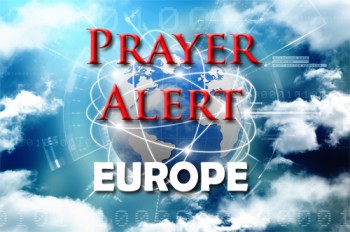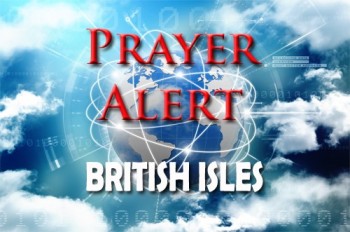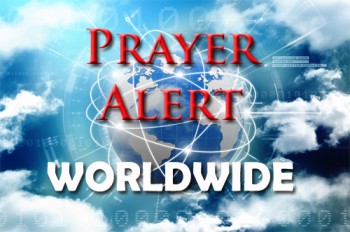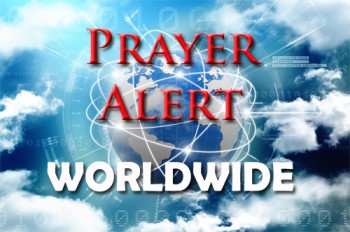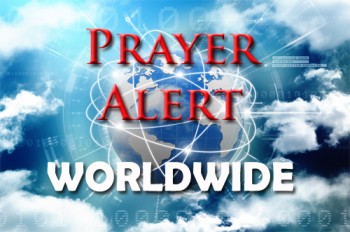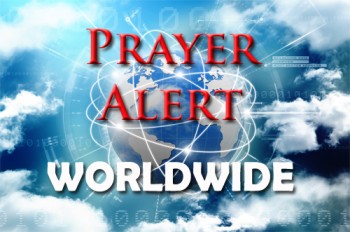Displaying items by tag: police
Germany: fake Covid vaccine certificates
The Cologne police force has set up a special team to combat a growing black market in forged vaccine certificates. Fraudsters are communicating via an encrypted messenger service which makes investigations difficult, and the police are still trying to determine the scale of the problem nationally. Some people are duped into paying about £86 then get nothing. Covid ‘passports’ to ease travel are being rolled out now across the EU. 44% of Germans have had at least one jab and over 18% of the population are fully vaccinated against Covid. The fraud takes place on the Telegram messenger service and involves both real traffic in fake certificates and fake offers which lure people into paying but provide nothing. Often cryptocurrency is used, like in the online black markets in drugs and weapons. Telegram has become a hub for anti-vaxxers, suspicious of vaccines and denying official data about the pandemic. Proving that you are Covid-free allows access to restaurants, leisure facilities, foreign travel, and more.
Northern Ireland: bomb under car
A bomb was planted beneath the car of a serving part-time female police officer in County Derry, leading to condemnation from first minister Arlene Foster and Sinn Fein MLA Gerry Kelly who criticised it as a ‘reprehensible’ attack. The device, which was found before it did any damage to her or her young child, was defused by British army explosives experts. Legislative assembly member Cara Hunter said that no one should live in fear of going to work: ‘Our officers protect our communities every day and keep them safe. My thoughts are with them and their families.’ The attack comes amid mounting sectarian tensions in Northern Ireland, which have spilled over into violence several times in recent weeks.
Lawlessness and disorder
Around half of police stations in the UK have been closed over the past decade. At least 667 stations with front counters allowing the public to speak with officers have been shut since 2010 to reduce costs. The Home Office said there are ‘a range of reasons’ behind the closures, including a rise in the use of online crime reporting instead of members of the public approaching police at a station counter. David Lammy, shadow secretary of state for justice, said over half of Britain’s police stations have closed in ten years, and more than half of the courts in England and Wales are closed. He accused the Conservatives of causing lawlessness and disorder.
Germany / Belgium: cocaine 'worth billions' seized
Customs authorities in Germany and Belgium have seized a record amount of cocaine - over 23 tonnes - destined for the Netherlands. German officials said the cocaine had a street value of billions of euros. In 2019 the chairman of the Netherlands police union said, ‘We definitely have the characteristics of a narco-state. We're not Mexico. We don't have 14,400 murders. But if you look at the infrastructure, the big money earned by organised crime, the parallel economy, yes, we have a narco-state’. A 28-year-old man suspected of involvement in the cocaine trafficking was arrested on 24 February in the Netherlands. In 2020, 102 tonnes of cocaine heading for Europe was intercepted. Pray for the capture of powerful drug-trafficking gangs from Brazil and Paraguay who are running many of the smuggling operations to ports in Europe.
Russia: protesters receive harsh show of force
Protesters throughout Russia gathered on two consecutive weekends to support jailed opposition leader Alexey Navalny, who accused President Putin of poisoning him with Novichok. Over 5,000 were detained, including Navalny's wife who was later released. The organised protests started at noon in 120 cities. Riot police in heavy-duty uniforms attacked the streets full of protesters. They closed subway stops and cut short bus routes to prevent demonstrators gathering. Protesters shouted, ‘Let him go!’ and ‘Russia without Putin!’ Putin’s ratings have hit historic lows over declining incomes, diminishing freedoms, and poor handling of the pandemic. The following week Navalny was sentenced to nearly three years in a prison colony for violating the terms of his probation while he was recuperating in Germany from nerve-agent poisoning. The UK foreign secretary said the perverse ruling targeted the victim of a poisoning rather than those responsible. Russia is failing to meet the most basic commitments expected of any international community member. See
Suspicious package sent to Covid vaccine factory
Police have detained a 53-year-old man from Chatham after a suspicious package was sent to a Covid-19 vaccine factory in north Wales. He remains in custody as enquiries continue. However, the police said in a statement that there is no evidence to suggest there is an ongoing threat.
Turkey: Kurdish region injustice continues
The police forces in Turkey’s Kurdish region resemble occupying armies. Government-appointed mayors, police brutality and armies of imams have altered society’s fabric. Allegations against Special Forces of rape and sexual harassment are ignored. If such accusations are publicised, officials will dismiss it as affairs between soldiers and girls who want to marry them. A former mayor commented, ‘It is better that they are involved in prostitution than protesting the government.’ A young Kurd who photographed a policeman killing an innocent Kurd in 2017 now faces twenty years in prison, while the policeman goes unpunished. Also recently hundreds of army officers, pilots and civilians were jailed for life for taking part in the 2016 attempted coup to overthrow President Erdoğan. The acquittal of the police officer and the hundreds jailed comes when Erdogan is trying to attract foreign investors. Even the simplest reforms would demand drastically altering the way Turkey polices, prosecutes, judges, and imprisons its residents. See
Nigeria: police chief vows to take back streets
Protests against police brutality subsided after a violent crackdown: see Now the police chief has ordered more police resources after the curfew gave way to widespread vandalism and looting, including government food warehouses stripped bare. Shopping malls, TV stations, and banks were targeted, and also retail stores in popular Lagos shopping districts. Violence and looting have been reported in most states. Amnesty International said, ‘The turmoil has seen the worst street violence since Nigeria’s return to civilian rule in 1999. Wealthy politicians and individuals have been looted, emboldening hoodlums that crimes of this magnitude are achievable. In an effort to quell unrest, the government announced that the Special Anti-Robbery Squad (SARS) would be disbanded, and promised a host of reforms. But demonstrators are sceptical of government promises without clearly-specified timeframes. Pray for the police to successfully and peacefully prevent further hooliganism. See also
India: persecution continues
Year after year, Uttar Pradesh is identified as the state where most Christian Indians are persecuted. 86 of the 366 violent attacks on Christians recorded in 2019 took place in Uttar Pradesh, and 2020 has seen little improvement. While the pandemic probably reduced the rate of persecution, recent reports indicate the number of attacks on Christians is increasing as India emerges from lockdown. ‘I would have been killed if God hadn’t been with me,’ Pastor Alok Tomar recently told International Christian Concern. ‘I was worried that I would not survive as the torture was so intense. Different ones took turns as I was beaten with lashes from the police belt.’ Pastor Tomar was telephoned and told to report to the police station immediately. ‘I felt safe because I was going to the police station.’ He was accused of forced religious conversions and kept in custody and tortured for three days by the police. It was another four days before he was given bail.
USA: Portland police and press in riots
On 1 August, demonstrators in Portland damaged property and set fire to American flags and Bibles. Again, little law enforcement presence was visible, and no arrests were made. After weeks of similar violent rioting and nightly attacks, on 4 August federal officers saw their first night of state and local law enforcement support and experienced relative peace with crowds ‘subdued.’ Activity around the courthouse continues, but violence is diminishing after an increased state and federal law presence on the ground. It will remain until the authorities determine that the courthouse and other federal properties are safe. Although crowd sizes have dwindled from the thousands in July, observers on 6 August reported many people, including some with ‘press’ written on their outer garments (indicating journalists), continuing to throw glass and plastic bottles at police officers.
